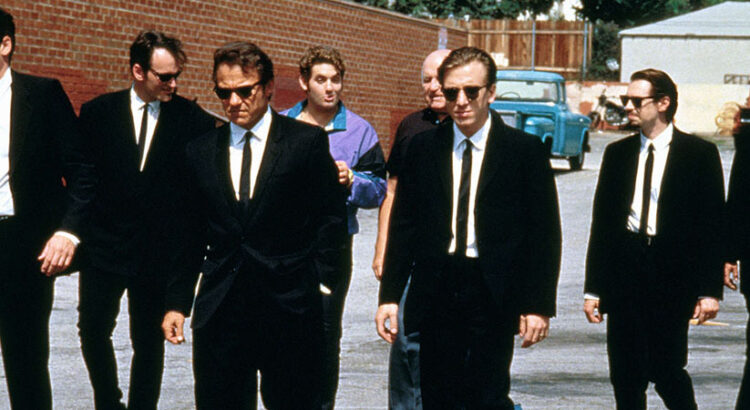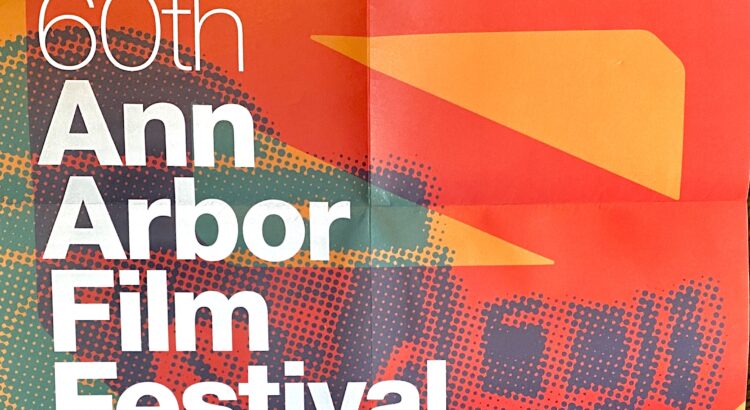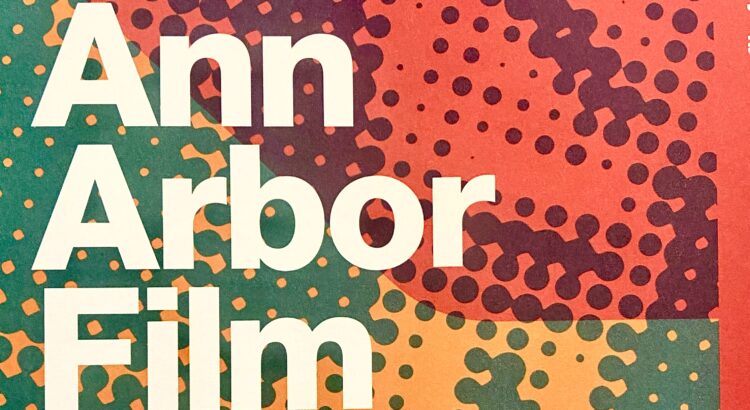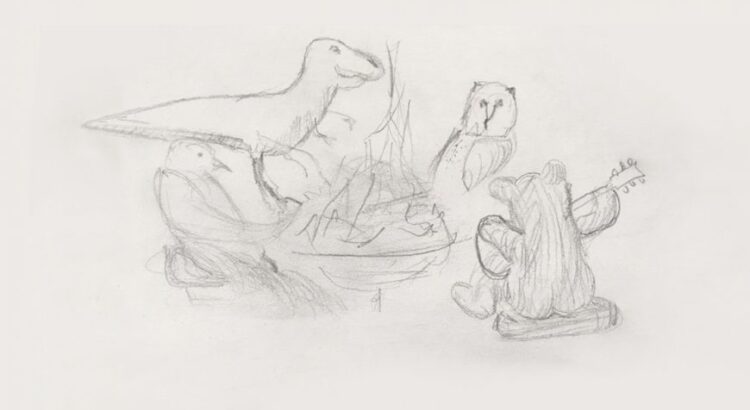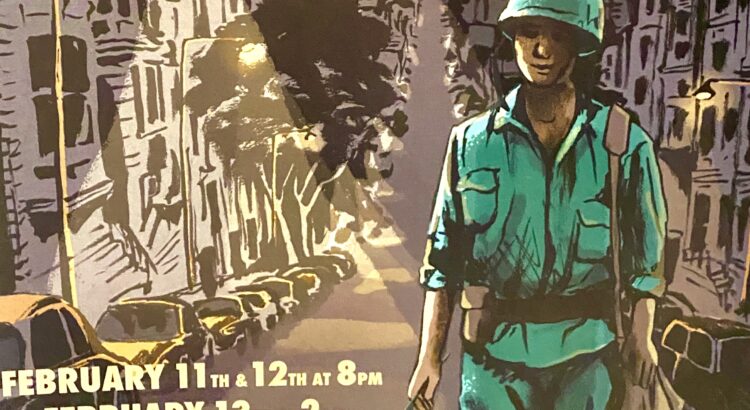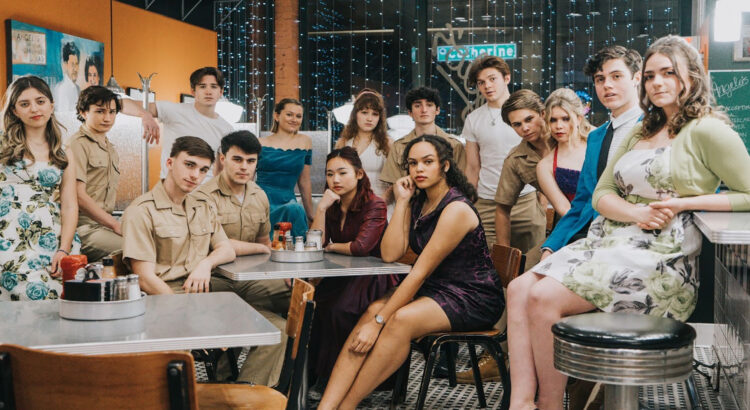This Friday night, the Michigan Theatre is screening yet another cult classic— the grotesquely dramatic Reservoir Dogs, a 1992 Tarantino-directed tale of men committing bloody crimes in an experienced manner and turning on each other with machismo flair. I’ve never seen Reservoir Dogs, but judging from Quentin Tarantino’s typical style of writing and directing, I’m expecting dialogue ridden with deadpan jokes, bloody spurts of gunfire, and maybe a few close-up shots of manicured feet.
Reservoir Dogs is celebrating its thirtieth anniversary this year, so it comes as no surprise that the cult-classic-obsessed Michigan Theatre is giving the film a night to shine. The plot of Reservoir Dogs entails a diamond heist attempted by a group of thieves. One of the thieves tips off the police, unraveling a group investigation into which member of the group is a wolf in sheep’s clothing. My opinions on Tarantino’s works fall all across the spectrum— Kill Bill entranced me with its memorable characters and enthralling journey; Django: Unchained exhibited the thrill of revenge with beautiful violence; Pulp Fiction, however, fell short as an incohesive mess that tried to make up for its lack of plot with good chemistry and fresh edginess. Will Reservoir Dogs drone on aimlessly or reward itself with character arcs and a cleanly wrapped ending? My intuition leans toward the latter, taking the quiet cultural appreciation for the film as a positive sign. Regardless, it’s bound to be an adventure! I can’t say enough that student tickets are $8.50, so grab a ticket to a classic before the school year ends!

